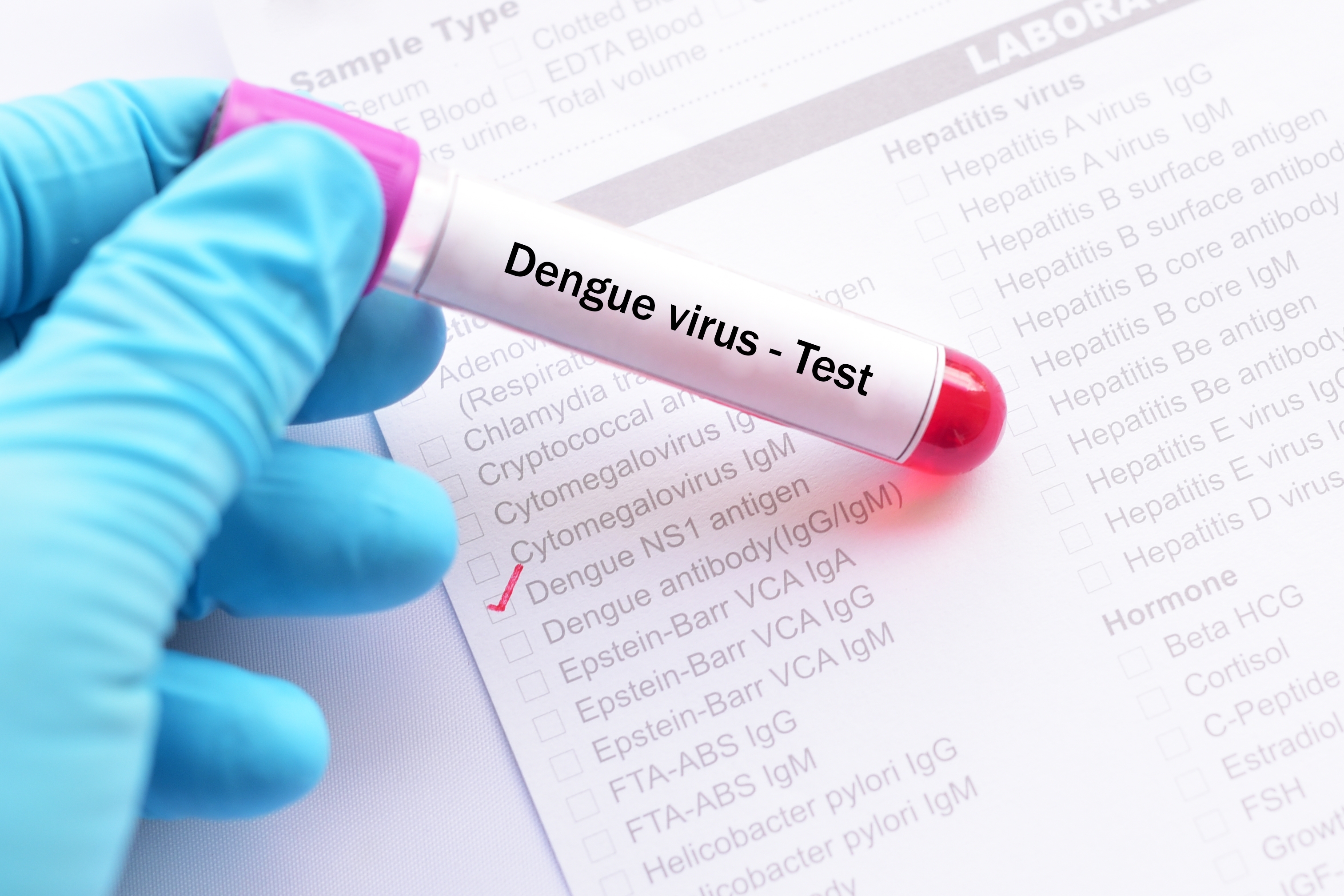Safe Practices During a Dengue Surge: What You Need to Know

Bengaluru dengue cases have spiked to over 2000 till date, leaving many of us concerned about our health and the safety of our loved ones. It's essential to understand how to protect ourselves during this outbreak. Here's what you need to know and do to stay safe.
Understanding Dengue:
Dengue fever is a viral infection caused by the Aedes mosquito. It spreads through the bite of an infected mosquito and can lead to severe flu-like symptoms. With over 2000 cases reported in Bengaluru, being informed about dengue is crucial for prevention and early detection.
Watch out for these symptoms:
- High fever
- Severe headache
- Pain behind the eyes
- Joint and muscle pain
- Rash
- Nausea and vomiting
If you or a family member experience these symptoms, seek medical advice promptly. Early diagnosis and treatment can prevent complications. Do not self-medicate, especially with pain relievers like aspirin or ibuprofen, which can increase the risk of bleeding.
Staying Safe During the Outbreak
- Preventing mosquito bites and reducing mosquito breeding sites are key strategies to stay safe during the dengue outbreak.
- Use mosquito repellents: Apply repellent on exposed skin and clothing.
- Wear protective clothing, such as long-sleeved shirts, long pants, socks, and shoes.
- Use mosquito nets: While sleeping, especially for infants and young children.
- Eliminate standing water: Mosquitoes breed in standing water, so regularly check and empty containers, flowerpots, and drains.
- Community involvement: Participate in community clean-up efforts and raise awareness about dengue prevention.

Test For Dengue Detection
In support of the Karnataka Government, Gleneagles BGS Hospital is offering:
- ELISA NS1 and IgM tests at just Rs 300.
- The screening test, (Rapid card test for NS1, IgM, and IgG) at Rs 250. These tests are crucial for accurate diagnosis and early treatment of dengue.
Dr Ravikeerthy, Sr Consultant in Internal Medicine at Gleneagles BGS Hospital, emphasizes, "Early detection and timely medical intervention are key to managing dengue effectively. These affordable testing options will ensure that more people can get diagnosed and treated promptly."
- NS1 antigen test: Detects the presence of the dengue virus in the blood during the early stages of infection.
- Serological tests (IgM and IgG): Identify antibodies produced in response to dengue infection.
- IgM antibodies are detected in the early stages, while IgG antibodies appear later and can indicate past infection.
Emergency Preparedness: What to Do If Someone Gets Dengue
If someone in your household contracts dengue, it’s essential to manage the condition effectively:
- Rest and hydration: Ensure the patient gets plenty of rest and drinks fluids to stay hydrated.
- Medications: Follow the doctor’s prescription strictly.
- Monitor symptoms: Watch for warning signs such as severe abdominal pain, persistent vomiting, rapid breathing, bleeding gums, and extreme fatigue.
- Seek immediate medical attention: If symptoms worsen, do not delay in seeking medical help. Keep emergency contact numbers handy and be prepared to visit a hospital if necessary.
By following these safe practices, you can protect yourself and your family during the dengue surge in Bengaluru. Stay vigilant, take preventive measures, and most importantly get tested at the earliest if facing symptoms to combat this outbreak. Together, we can reduce the spread of dengue and safeguard our health.
Specialities
Clear allMeet the doctor

Dr Ravikeerthy M
General Medicine
MBBS, MD (Medicine), FRCP (UK), PGDM (London), FICP










